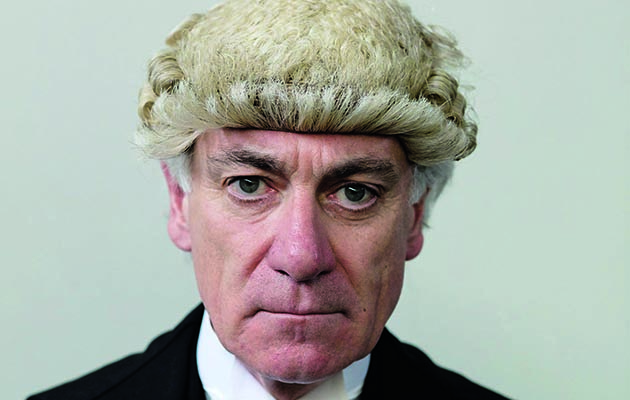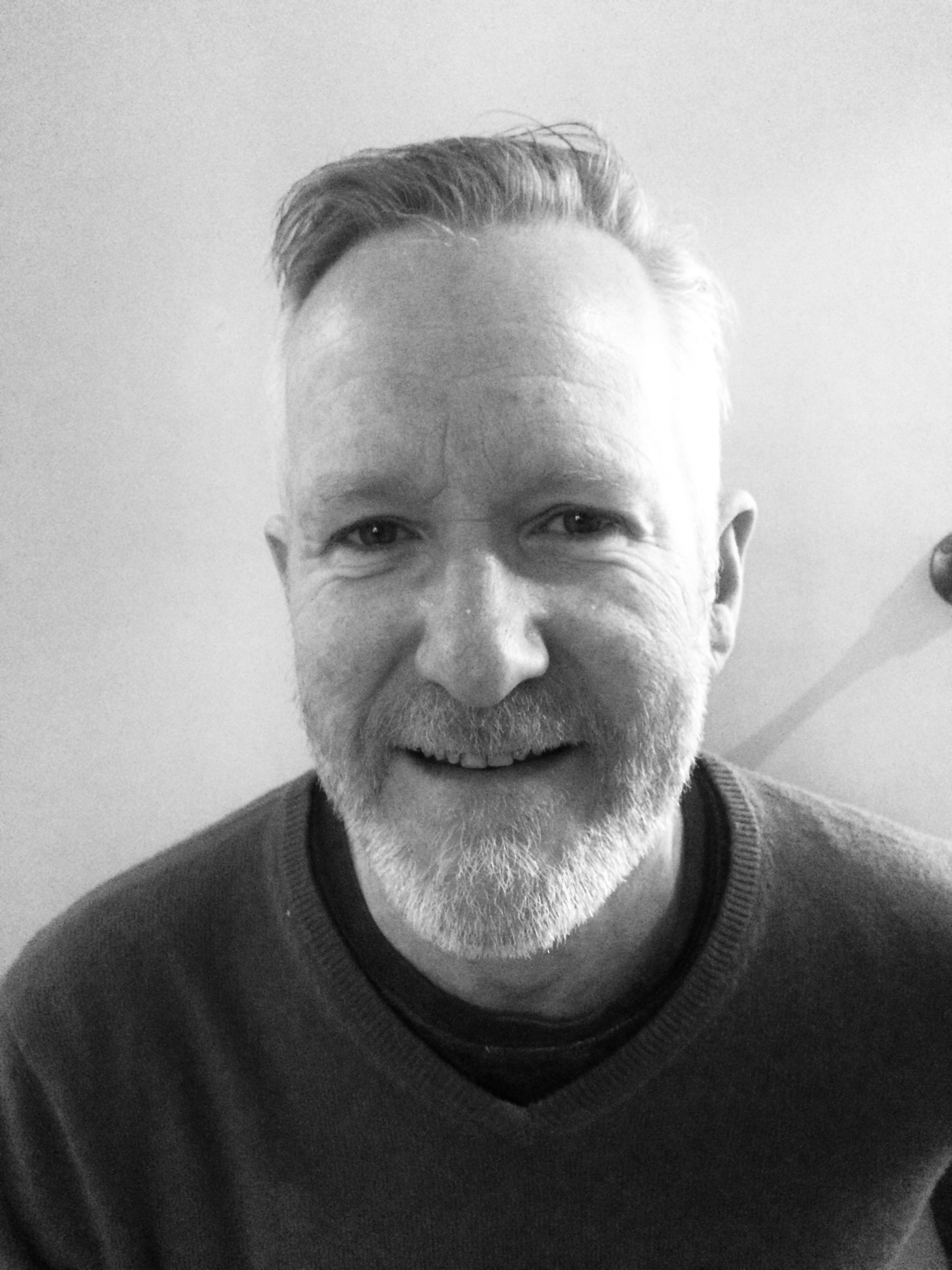The Trial: Murder in the Family provides a glimpse into real life court proceedings

Channel 4's groundbreaking new show The Trial: Murder in the Family gives viewers a glimpse into the UK justice system by presenting a fictional case, but using genuine lawyers and a real judge.
Viewers will be given a chance to glimpse into the UK's criminal justice system when Channel 4's new show The Trial: A Murder in the Family airs on Sunday.
The programme portrays a fictional murder trial with actors in the witness stand, but the judge, barristers and jury are all real.
The courtroom has always been off limits to TV cameras by law, so the experiment is the closest we’ll get to seeing a real court case on screen.
The accused Simon Davis (played by an actor) finds himself in the dock after his estranged wife Carla is found strangled to death at her home.
The five-part series follows the process of the court case. Barrister Max Hill acts as the prosecutor, while John Ryder defends the accused, as judge Brian Barker QC presides over proceedings.
Crucially, the series will show the interaction between the jurors as they weigh the evidence for and against the accused and finally come to a verdict.
The latest updates, reviews and unmissable series to watch and more!
Here, barristers Max Hill and John Ryder give their remarks on the series, the justice system and cameras in the courtroom…
Prosecution barrister Max Hill
Why did you agree to take part in The Trial? One of the reasons was because I knew this was going to take us to the one area that, in all our years in the business, we’ve never been. Namely, to hear and see what a jury thinks as the process unfolds.
Do you often wonder what the jury is discussing about any trial you are involved in? It is the one [big] question when we chat amongst ourselves – you’re wondering what’s going through the jury’s minds and trying to second-guess them. The one thing you can’t do is have a conversation with the jury. You can address them, and ask a rhetorical question, but you can’t ask a real question.
Are you in favour of real Crown Court trials being televised? It’s only in recent years that there has been a concerted effort to get cameras into real courtrooms, and the debate over putting cameras in full time in crown court has been lost by the TV companies for the time being. I was very firmly against having cameras in court 24/7. The prime reason was that, if all you see of a trial is a snippet on the 10 o’clock news – one question or one answer that grabs the editor – that’s not a fair appreciation of what’s gone on in court that day.
Defence barrister John Ryder
How authentic do you think The Trial is? My only concern about becoming involved was that it might appear artificial. In fact, the absolute opposite was true and every effort was made by the production team to ensure this was genuinely true to life.
What was it like dealing with the actors? Each of them appeared totally convincing so far as cross-examination was concerned, and I believed in what they were doing. As far as my relationship with the defendant was concerned, that appeared entirely authentic. I was able to care for him as an individual, and I believed in his relationship with his wife and his children and in the other details of his life – that’s a testament to his professionalism.
Why is the jury system important? There has over a considerable effort over a period of time, amongst politicians and others, been a move to abolish the jury. Which personally I think should be resisted at all costs. The jury system means that decisions of immense importance to people’s lives are in the hands of and made by their peers – other members of society, not by professional judges or people who for one reason or other are used to being in control. That is likely to ensure that the decisions are fair, according to the prevailing laws.
The Trial: A Murder in the Family screens over five nights from Sunday 21 May to Thursday 25 May at 9pm on Channel 4

Ian writes about TV and film for TV Times, What’s on TV and TV & Satellite Week magazines. He co-hosts the weekly TV streaming podcast, Bingewatch.

